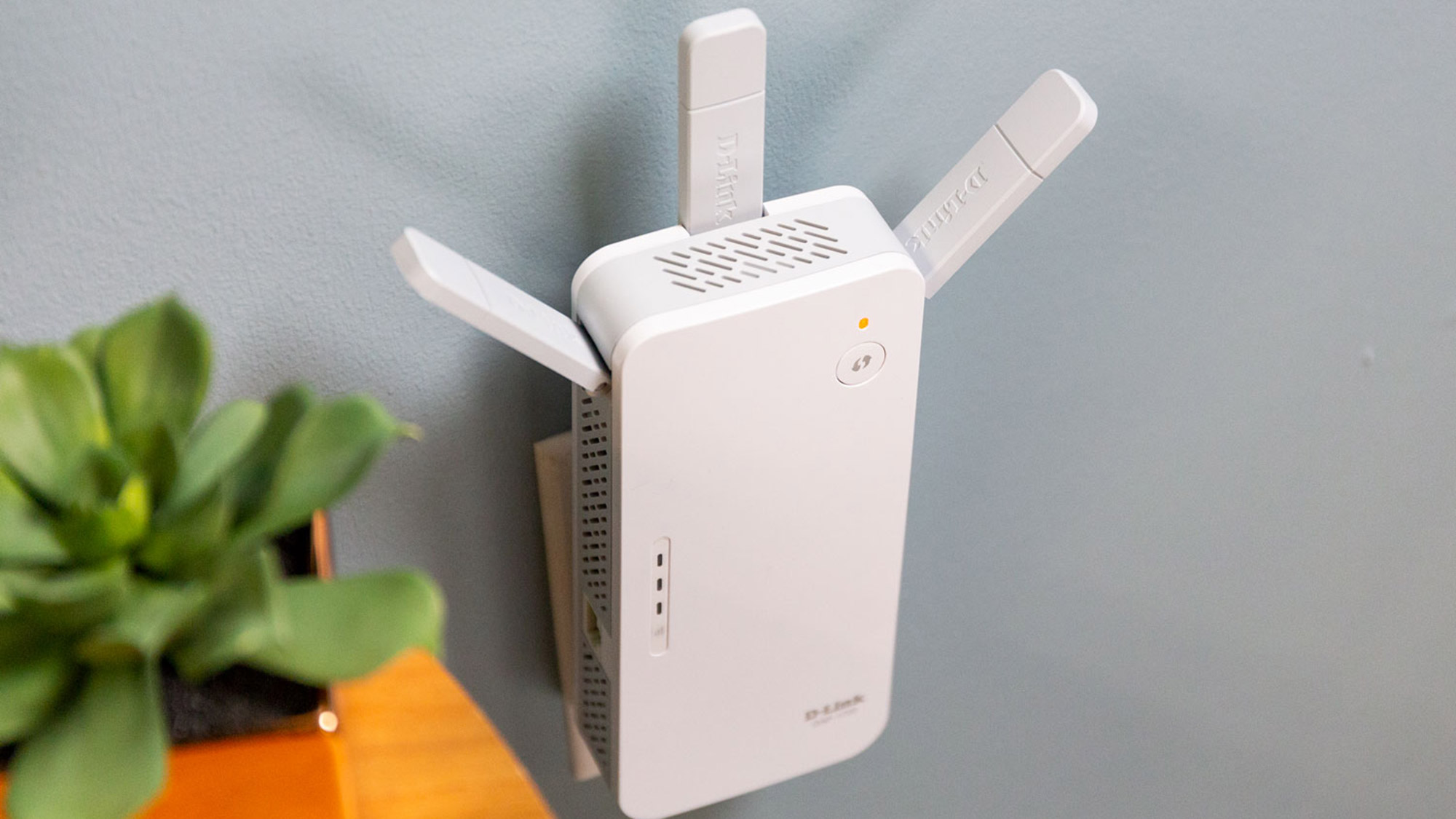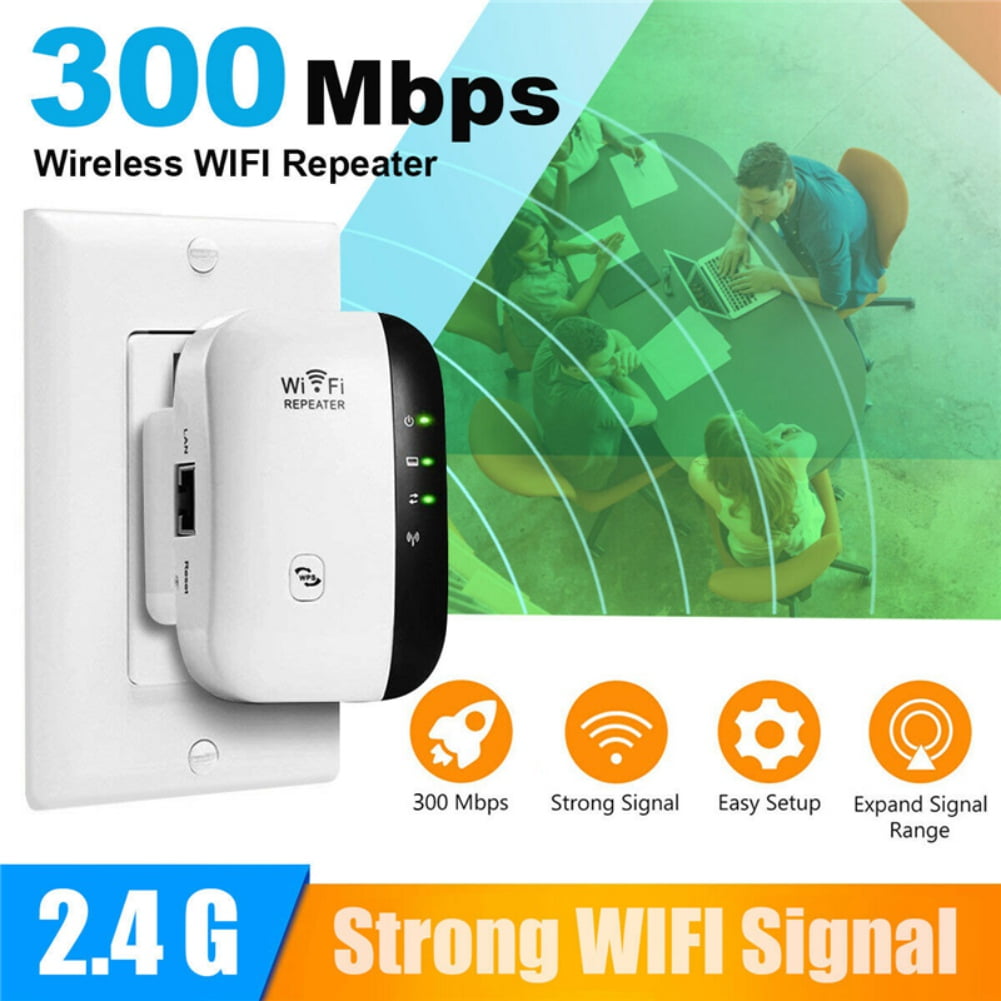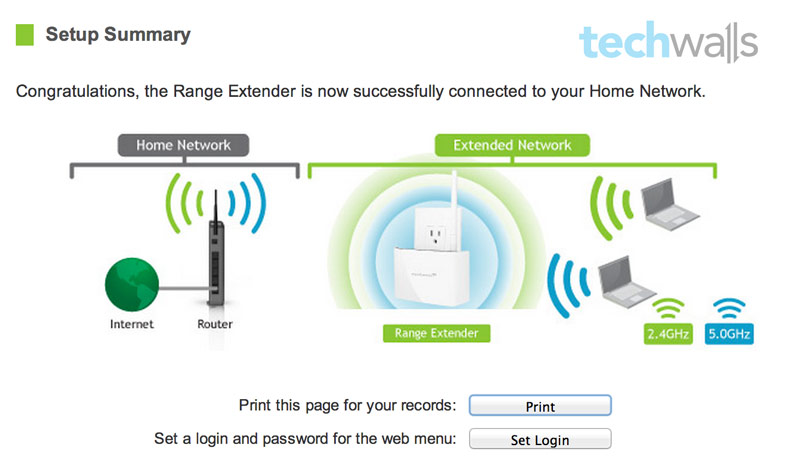


Why is my WiFi signal weak?Ī number of factors cause a weak WiFi signal making problems difficult to diagnose. WiFi is similarly susceptible to obstruction, and as a fairly concentrated signal, it uses a smaller range. The concrete obstructs the waves, making the signal break up or drop out entirely. For example, driving through a parking garage while listening to AM radio sometimes causes interference. Additionally, certain locations and geographic positions make it harder to transmit. Like other radio signals, certain materials block WiFi. The agency simply needed a better, more consumer-friendly name than the technical term for WiFi’s signal protocol: IEEE 802.11.

The term was actually coined by a brand agency in the late 1990’s and is surprisingly meaningless. Essentially, these are the wired counterpart to the wireless WiFi signal.Ĭontrary to popular belief, “WiFi” is not short for “wireless fidelity.” However, the term’s similarity to the words “hi-fi” and “lo-fi” led many to think so. Note that WiFi is compatible with Ethernet cables. WiFi is a type of radio signal using radio waves to transmit a signal from your router to your device. We also look at other tips and tricks that you can use to increase the range of your router and ensure full coverage. This includes how they work and tips for using them properly to optimize the WiFi signal in your home. In this guide, we cover the basics of WiFi extenders. In this situation, WiFi extenders provide a great option to prevent buffering and poor video resolution. This problem becomes obvious when trying to stream videos or other types of rich media far from your router. Depending on the layout of your home and the location of your wireless router, it becomes difficult maintaining a strong Internet signal throughout your residence.


 0 kommentar(er)
0 kommentar(er)
